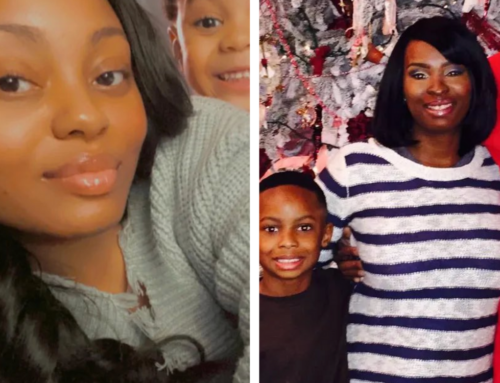Doreen Beagan
The Interim
Canadian abortionist Henry Morgentaler and federal Health Minister Ujjal Dosanjh are trying to force New Brunswick to pay for all abortions, Peter Ryan told the annual meeting of P.E.I. Right Life at its April 23 meeting in Charlottetown. Ryan is executive director of New Brunswick Right to Life and a spokesman for the multi-group Coalition for Life and Health.
Currently, New Brunswick pays for only in-hospital abortions deemed medically necessary by two doctors. In recent years, several hospitals and most doctors have ceased doing abortions, but still about 900 a year occur in Fredericton – 300 (deemed necessary) at the Chalmers hospital, 600 at the private Morgentaler facility (considered elective and paid for by clients at $500-750 each).
Dosanjh holds that unwanted pregnancy is always a medical emergency and abortion is always a medically necessary service, so under the Canada Health Act it must always be publicly funded, explained Ryan. “This is public payment for abortion on demand – a position rejected by 72 per cent of Canadians,” he added.
If the province does not comply soon, Dosanjh plans to take the province to a three-person arbitration panel, a new dispute resolution process for Health Act matters. Ryan noted that a change of federal government would be no guarantee that the initiative would die.
“Despite this pressure, and despite media assumptions, it is absolutely not true that Canadian courts have said abortion is a right,” Ryan stressed. “It has never been proven medically necessary, and the Canada Health Act does not define it that way. Furthermore, decisions about what health services will be funded are under provincial jurisdiction, so this is unwarranted federal intrusion in an area of provincial authority.”
But having a poor case does not ensure that Dosanjh will lose, Ryan noted. “If he wins, all existing provincial regulations and restrictions regarding abortion will be null and void everywhere in Canada. Then, if the province still refused to fund private clinics, it could be penalized up to $350,000 year. There is no certainty that it would pay that fine.”
The New Brunswick government could still sue, asking the courts to determine whether federal laws on health can override provincial laws.
Because Charter law has higher priority than other Canadian laws, Henry Morgentaler is using an approach based on Sections 7 and 15 of the Charter.
Section 7 deals with the “right to life, liberty and the security of the person.” Ignoring the child’s right to life, Morgentaler claims this assurance of liberty and security gives the mother a constitutional right to funded abortion on demand. Section 15 deals with the “right to equal treatment.” The abortionist argues that restricting payment violates Section 15 by giving some women less equitable access to abortion than others.
“Winning a Charter case would be the equivalent of the American Roe v Wade case,” explained Ryan. “It would make unrestricted access to funded abortion part of the constitutional framework of Canada, and all restrictions and regulations attempting to protect the unborn and their mothers would collapse, including the current requirement for medical examinations, history and follow up.”
His coalition has been trying to obtain permission to intervene, but has been thwarted at all provincial court levels. The request is now before the Supreme Court of Canada.
“We want to present evidence of the humanity of the child in the womb. Arguments about conscience rights for medical personnel should be presented. And we have 50 women prepared to testify to the negative health effects they experienced as a result of abortion.”




